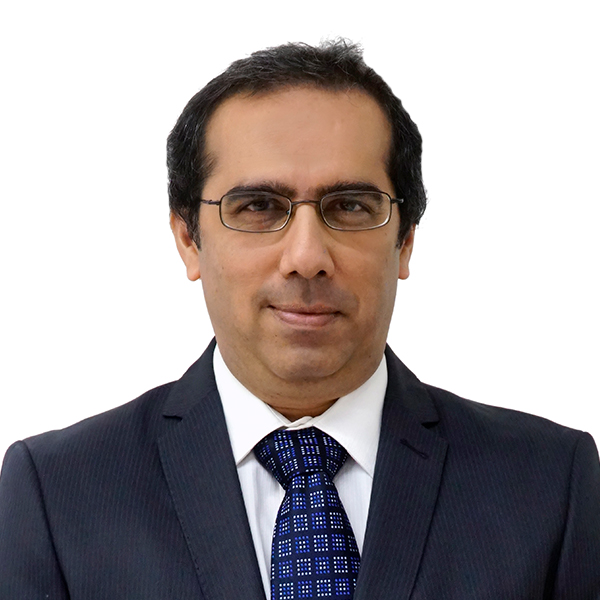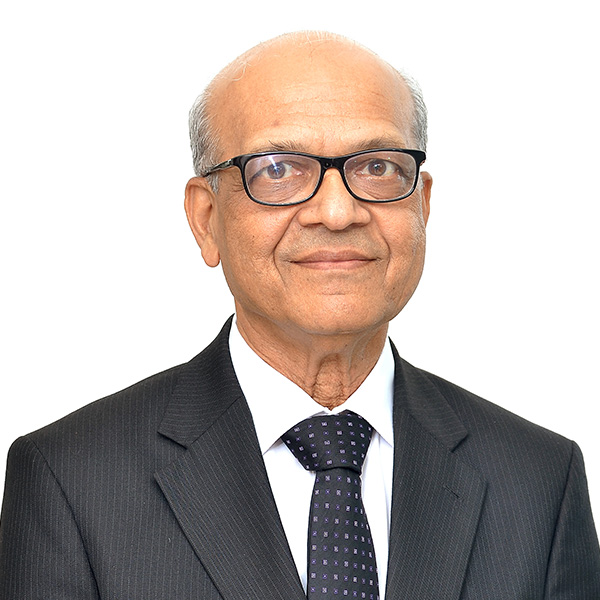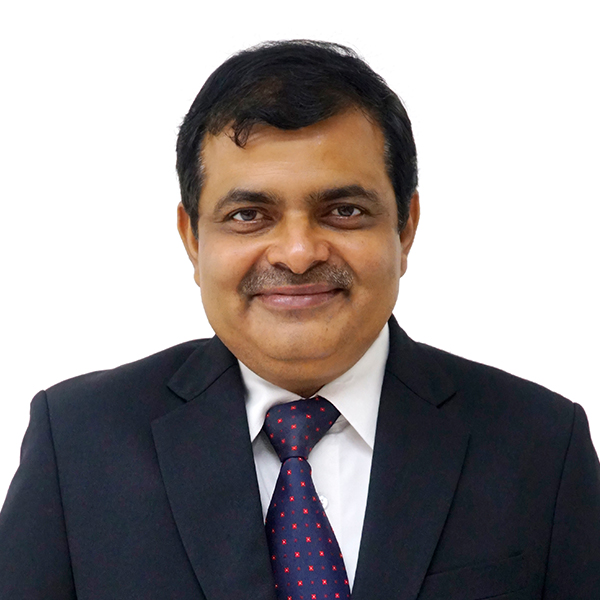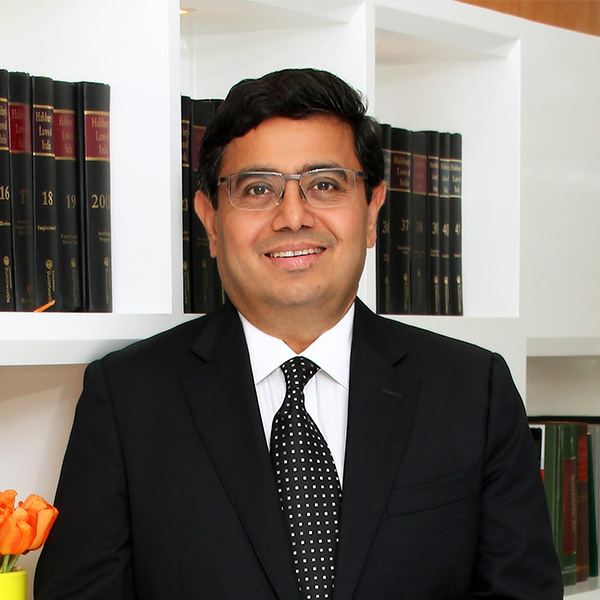Bar of Input Tax Credit (ITC) on construction activities – does it sustain even when the expenses are written off instead of being capitalised in the books of accounts?
While ITC is available to an assessee registered under GST law, in respect of goods and services used in the course of business or for furtherance of business, certain credits are blocked and are not eligible for availment. One such restriction is provided under Section 17(5)(c) and (d) of the Central Goods and Services Tax Act, 2017 (‘CGST Act’) in respect of goods and services procured for ‘construction of an immovable property’. The relevant extract of the provision reads as:
“17(5) Notwithstanding anything contained in sub-section (1) of section 16 and subsection (1) of section 18, input tax credit shall not be available in respect of the following, namely:
……………………………………
(c) works contract services when supplied for construction of an immovable property (other than plant and machinery) except where it is an input service for further supply of works contract service;
(d) goods or services or both received by a taxable person for construction of an immovable property (other than plant or machinery) on his own account including when such goods or services or both are used in the course or furtherance of business.
Explanation- For the purposes of clauses (c) and (d), the expression “construction” includes re-construction, renovation, additions or alterations or repairs, to the extent of capitalisation, to the said immovable property;” [Emphasis supplied]
In terms of the said restriction, ITC is not available in respect of works contract services (as provided under clause (c)) and goods or services (as provided under clause (d)) for ‘construction of an immovable property’. The term ‘construction’ is further explained in the Explanation as one including ‘re-construction, renovation, additions, alterations or repairs, to the extent of capitalisation, to the said immovable property’.
Going by the Explanation, ITC is not available in respect of activities of construction including re-construction, renovation, additions, alterations or repairs, to the extent of capitalisation, to the said immovable property.
It is significant to note here that the term ‘capitalisation’ is not defined in GST law. The Explanation simply uses the phrase ‘to the extent of capitalisation’ for restricting the availment of credit. Since the term ‘capitalisation’ is not defined, a question arises whether ITC can be restricted for expenses which are actually capitalised in the books of accounts.
As a corollary to the above, can it be said that ITC will be available if such expenses are not capitalised but accounted as ‘revenue expenditure’ in the books of accounts!
Also, since the ITC is restricted “to the extent of capitalisation, to the said immovable property”, can it be said that ITC cannot be restricted when such expenses are not capitalised to the “immovable property” but are separately capitalised under a different account!
At this juncture, it is also relevant to refer to the definition of “capital goods” provided under Section 2(19) of the CGST Act, which reads as under:
“capital goods” means goods, the value of which is capitalised in the books of account of the person claiming the input tax credit and which are used or intended to be used in the course or furtherance of business; [Emphasis supplied]
The definition of “capital goods” also provides for the actual capitalisation of the goods. While there are specific Indian Accounting Standards providing guidelines as to when a particular asset is required to be capitalised or otherwise, it may be noted here that the meaning of the term ‘construction’ provided under the Explanation to Section 17(5)(c) and (d) as well as the definition of ‘capital goods’ under Section 2(19) of the CGST Act do not refer to any requirement under the Accounting Standards while providing for capitalisation of the goods or otherwise. In fact, none of the provisions under the GST law provide for any such requirement.
The moot point for consideration here is that, can businesses adopt the approach of writing off the said expenses to their Profit and Loss Account, instead of capitalising the same, so as to ease the restriction of availment of ITC in the GST law. This may lead to a situation wherein certain expenses which otherwise ought to have been capitalised in the books of accounts, in light of the specific requirements under the relevant Accounting Standards, are written off by assessees, so as to avail the benefit of ITC on the same under GST law, which may result in violation of the provisions of Section 133 of the Companies Act, 2013, resulting in penal consequences.
As already mentioned above, although the GST law does not provide for any requirement of adherence to the Accounting Standards while treating the expenditure as a ‘capital’ or ‘revenue’ expenditure, GST authorities may dispute availment of ITC in case of any incorrect accounting treatment adopted on such account.
In the context of capitalisation of expenses, the Appellate Authority for Advance Ruling (AAAR), Madhya Pradesh, in the case of M/s. Jabalpur Entertainment Complex Pvt. Ltd. [2020 (1) TMI 1597], has observed that as far as GST law is concerned, neither it has directed a taxpayer to follow Accounting Standards, nor it has provided any penal consequences when Accounting Standards are not followed. It is entirely at the discretion of a taxpayer to treat its expenses either as revenue or as capital expenditure. Further, it was also observed that capitalisation or non-capitalisation of any expenses is certainly not a permanent indelible mark in the account books. These accounting entries may be modified, altered or deleted as per prevailing/ changing contingencies and that such entries are not static but dynamic. Accordingly, the AAAR, for the purpose of restriction of ITC in terms of Section 17(5)(c) and (d) of the CGST Act, 2017 laid down a test, wherein the actual accounting treatment followed by a taxpayer is required to be seen, instead of the accounting treatment, which otherwise ought to have been followed in terms of the Accounting Standards. It is relevant to note here that the AAAR has not considered the implications under the Companies Act, 2013 or any other law while holding that the Accounting Standards may not be followed under the GST law. It may be kept in mind that rulings of AAR/AAAR have no binding precedence, except insofar as the parties are concerned.
However, it is always possible that GST authorities may read the expression “to the extent of capitalisation” as being a reference to the legal requirement of expenses being capitalised and not the actual capitalization in the books of accounts.
Therefore, although the GST law does not provide for any requirement of adhering to the Accounting Standards while capitalising the assets or otherwise, digressing from such requirement may have penal consequences under the Companies Act, 2013. The companies therefore ought to take a holistic view, considering the implications under all the laws which are applicable to it.
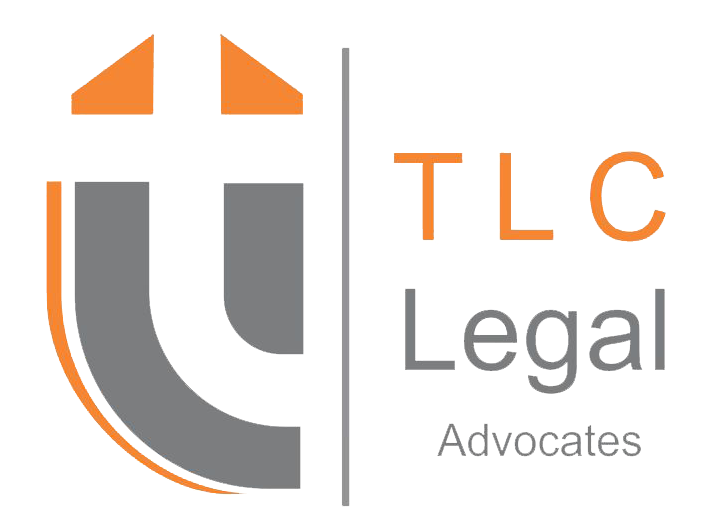


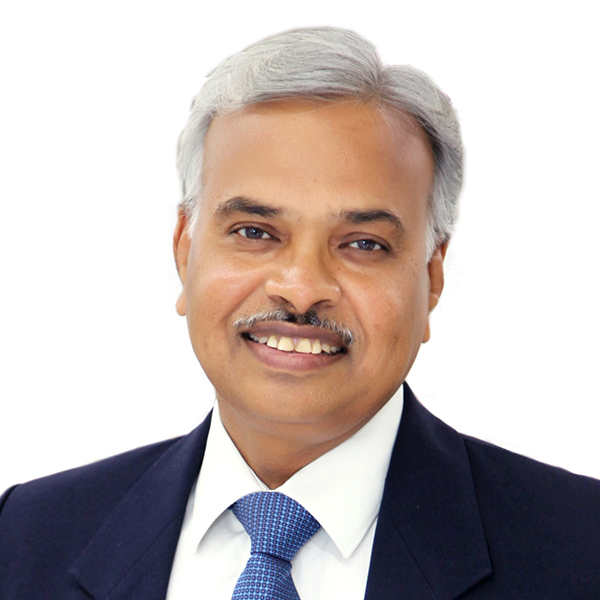
 Mumbai
Mumbai sushil@tlclegal.in
sushil@tlclegal.in